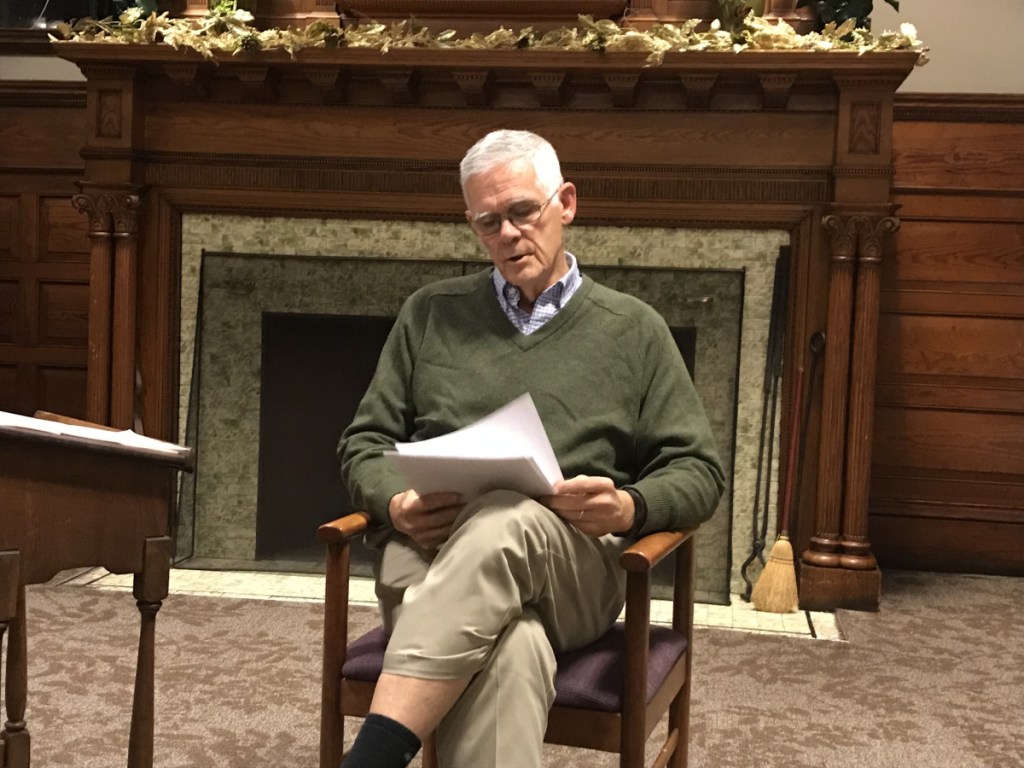In 1994, in the wake of major life changes, I fulfilled a dream I’d held since 1963 and volunteered for the United States Peace Corps.
My deep belief in the Corps and the trust shown me in the selection process laid my path to Poland, four years after the Berlin Wall fell. After training, I was assigned to teach English in a language teachers’ college near the Czech border.
Leaving Maine, however, was fraught with difficulties: separation from my family, my high school colleagues, and, especially the amazing young woman with whom I had established a loving relationship. Volumes of letters and the occasional hugely expensive telephone calls helped to ease the distance. (There was no internet in Poland outside Warsaw.)
One night in the spring of my first year, a wonderful colleague and I traveled by train halfway across the country to visit friends. Late at night, as Gail dozed in our compartment, I started to listen to a cassette tape mix that my brother had sent me.
Several cuts in I was floored by a song that was new to me. Checking the play list, I learned that it was “Caledonia,” as performed by its Scotish composer, Dougie McLean.
The poignancy of the tune and the sense of loss and longing in the lyrics seemed as if the song were meant for me, in that moment. I rewound and listened to the song several times over.
“And if I should become a stranger/ It would make me more than sad . . .” And as the sun rose over the plains of that country which had opened itself to me, I knew that my place was in Maine with the woman who reached out to me.
Two weeks later, I submitted my resignation and with great regret told my students that their next academic year would be with another volunteer.
Meetinghouse is a community storytelling project hosted by the Maine Sunday Telegram.
Read more stories from Maine at www.centralmaine.com/meetinghouse
Comments are not available on this story.
Send questions/comments to the editors.


